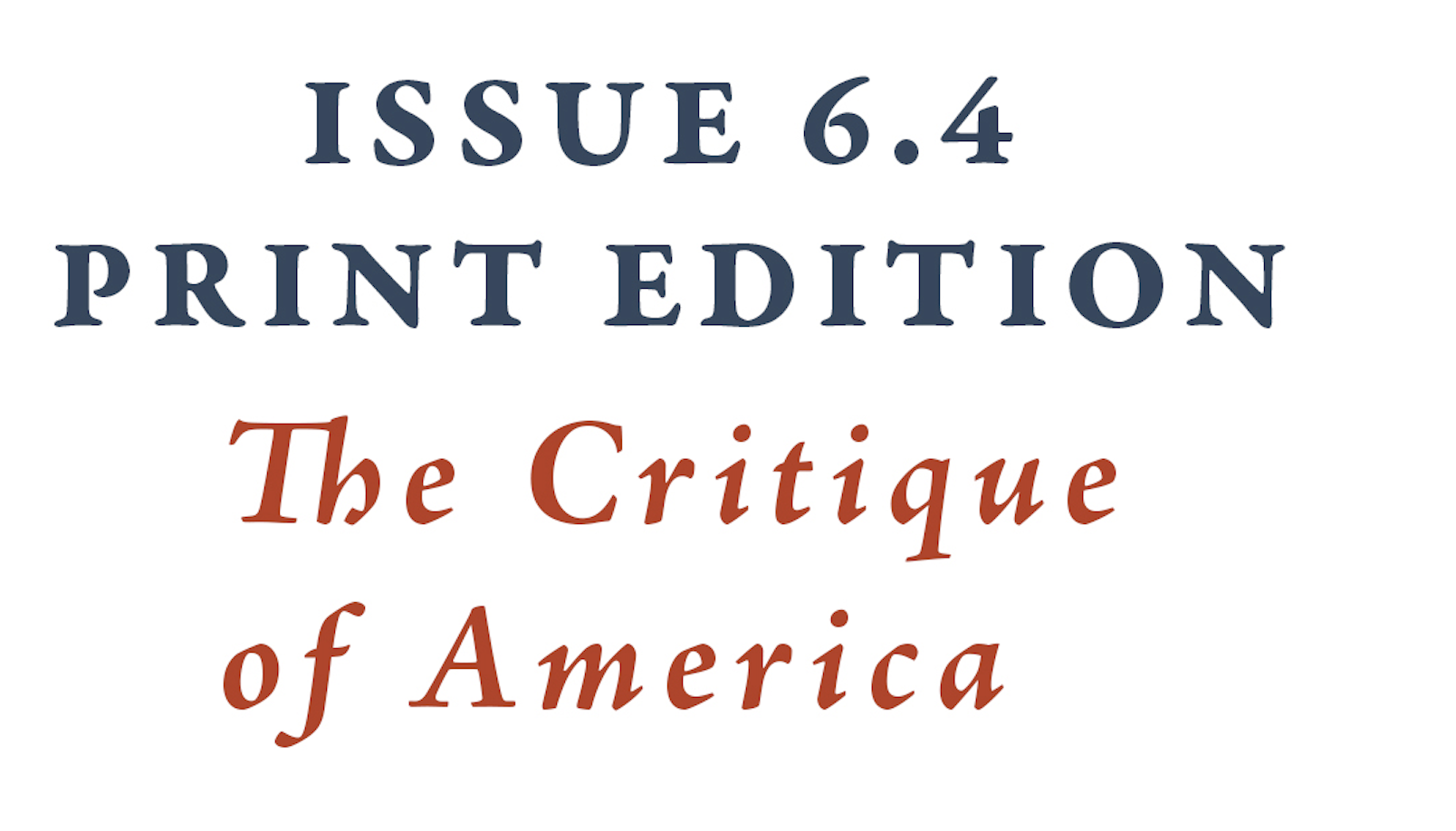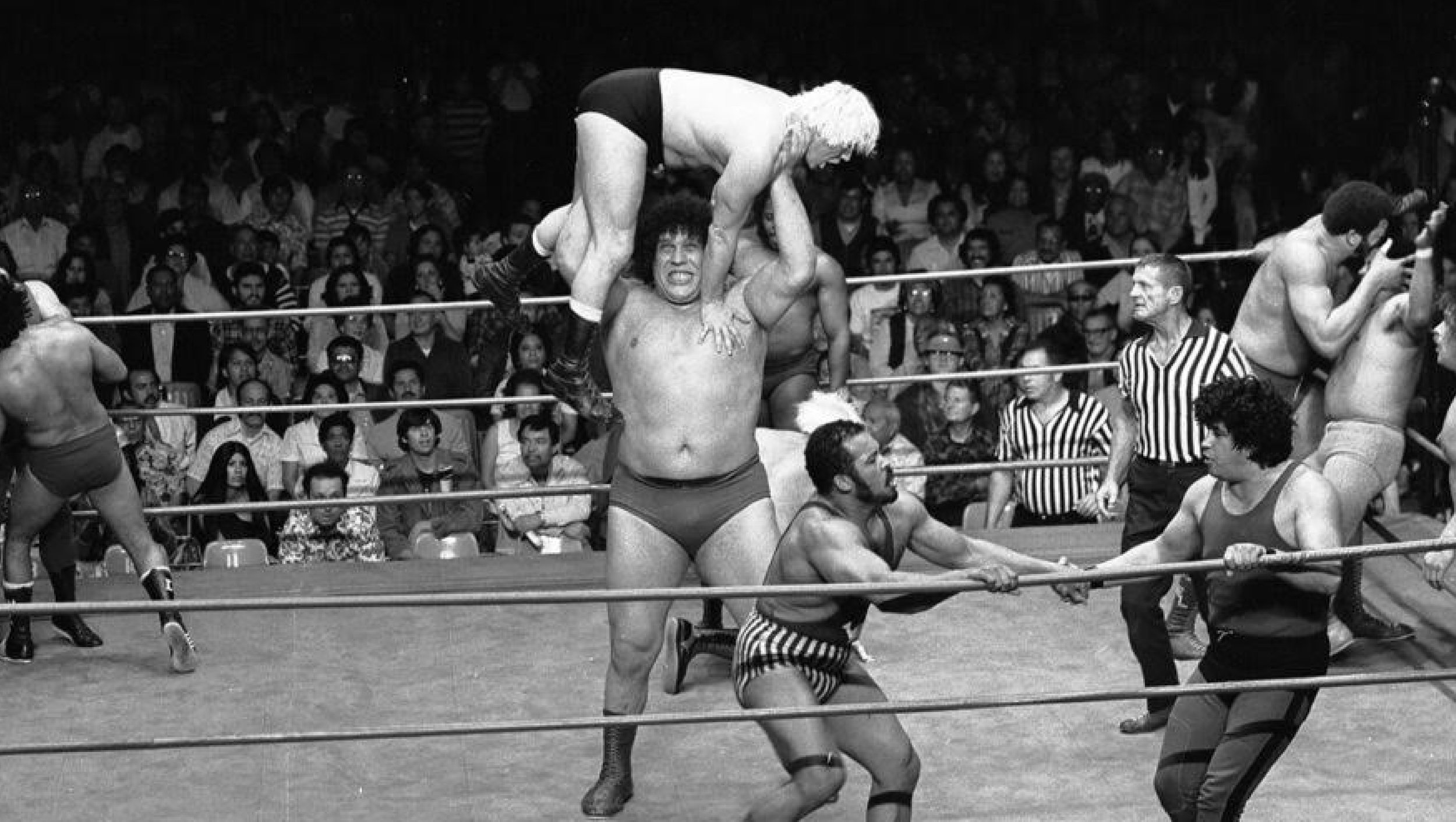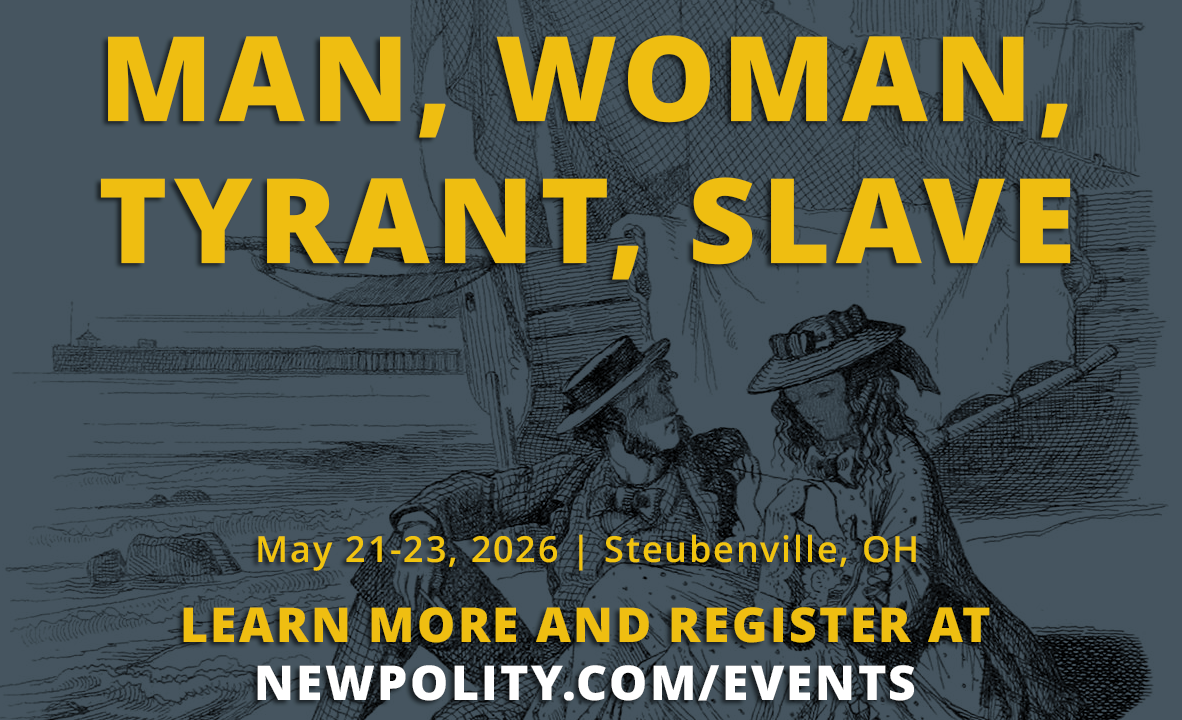Magazine
ESSAYS
Gone are the days of the misspelling mail-order bride and au revoir, sweet Nigerian prince.
You can call it a response to Matthew Harvey Sanders.
Magisterium AI—the Catholic chatbot that Sanders characterizes as a paver on “the Golden Path”—is bad.
Marc Barnes mistakes a call for prudence with a call for prohibition.
The chatbot, by virtue of being designed to appear human, appears sexual—male or female.
Thomas More’s martyrdom was no simple affair.
Podcasts
What is the Catholic response to AI? Pope Leo XIV, in his recent message for the 60th World Day of Social Communications, takes a critical look at AI: namely, how it is "encroach[ing] upon the deepest level of communication, that of human relationships." Pope Leo asserts that our faces and voices are sacred, a witness to the unique, singular dignity of each human person. With AI already mimicking persons in social media and through deepfakes, the Pope calls for overcoming the "anthropomorphizing tendencies of AI systems." In this podcast, Marc Barnes and Reuben Slife go line-by-line through the message of Pope Leo, and discuss its implications for the Catholic approach to AI.
The book has long been the place of completed thought, able to incorporate previous work and advance new thought. That is going away. AI generation is polluting the discourse; leading to a state where all "new" publications are, in fact, summarized AI restatements of the previous state of the question. In this podcast, Marc Barnes and Andrew Willard Jones discuss the effects of AI on the the technology of the books, and how a literate culture persists.
EVENTS












Gone are the days of the misspelling mail-order bride and au revoir, sweet Nigerian prince.